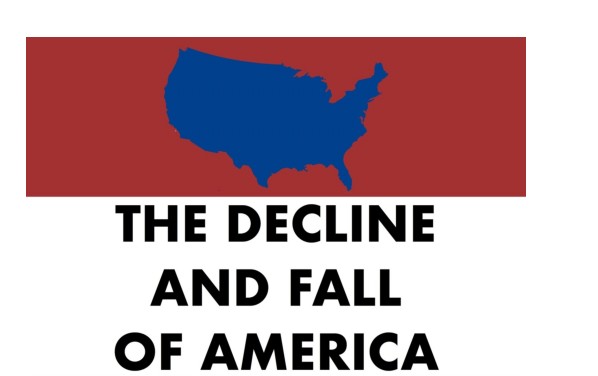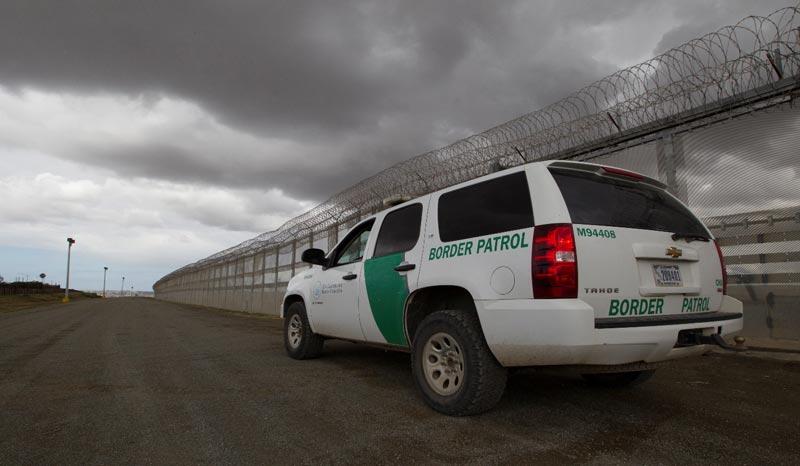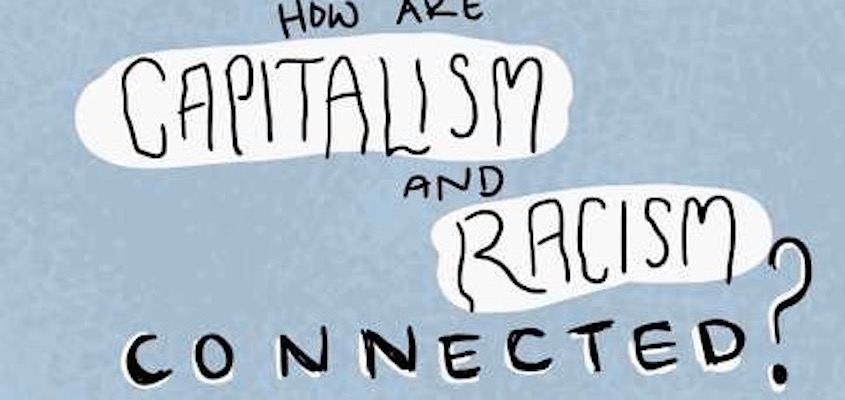(ThyBlackMan.com) After a year of darkness caused by COVID-19, we now hear about “light at the end of the tunnel.” At this point in 2021, however, it’s difficult to discern the overall direction the country is moving in.
It seems we’re suspended in a Dickens-like era of struggle between polar opposites (best and worst of times). In the race to end the pandemic, it’s still uncertain who the winner will be. The vaccine or the variants? In politics, will lasting victories come from legislation or litigation? For society in general, will the end of the pandemic offer a return to mass gatherings or bring more mass shootings? Finally, will the ensuing decade be shaped more by the inauguration of a new president, or a deadly insurrection at the Capitol?
Legislation or litigation
The new administration has charted its pathway to progress through legislation. Having already passed a massive package for COVID relief, it has now introduced an even bigger program aimed at upgrading the nation’s infrastructure. Embedded in this plan are also measures to address growing threats to the planet caused by climate change.
As the president explained when he unveiled his proposal, this will be the biggest effort to improve the country’s highways, bridges and transportation systems since Eisenhower laid out his vision for the Interstate Highway system in the 1950s. The American Society of Civil Engineers, who grade the country’s infrastructure every four years, gave it a barely passing of grade of C- in 2021. Yet the leader of the opposition party, Senator Mitch McConnell, reflexively said they were against it. Even before the bill has been written and brought to the floor of Congress for debate.
The bigger political battles though may be won or lost through litigation. Georgia, and at least forty other states are waging a relentless assault on voting rights based on the lie of widespread voter fraud in the last presidential election. The outcome of court challenges to follow, some of which are sure to reach the Supreme Court, will have a more lasting effect on public policy I believe in the years to come.

Mass gatherings or mass shootings
For all the talk about vaccines allowing kids to hug their grandparents and crowds to return to concerts and sporting events, us leaving lockdowns has seen a disturbing resurgence in mass shootings. Whether for racial (Georgia), personal (California), or reasons unknown (Virginia Beach) gun violence has again reared its ugly head.
Forget about the usual arguments for and against banning assault weapons. There are already more guns in circulation than there are citizens of the United States. If we want to be safe at school, work or the supermarket, we have to search for the deeper reasons causing the prevalence of gun violence. Other countries have their share of guns, and people with “mental health problems”, but they don’t have the recurring episodes of carnage we experience.
If the past year has shown us anything, it has revealed the continued existence of the deep divisions of class, race, and gender in our society. Add in the changing demographic character of the American populace, and we have the makings of a toxic cocktail of hatred, resentment and fear.
What comes next…
But it doesn’t have to be that way. If we can get beyond zero sum thinking – someone can only win by me losing – and embrace the abundance of opportunities this country offers, we can remove a lot of the toxicity, and perhaps violence, from our interactions with others.
In her book “The Sum of Us”, Heather McGhee offers a good analogy of “the drained pool.” Rather than integrate public pools, that had been built with public funds, elected officials in cities across the country (not just the South) opted to drain them before allowing “Negroes” to enjoy the benefits of what their tax dollars helped pay for too. So in the end, no one got to use this public amenity.
By not funding public education, we may be denying the next Dr. Kizzmekia Corbett who led the Moderna vaccine research. If we don’t improve public housing, we may be preserving the Petri dish for the next public health emergency. Without upgrading our roads, bridges, airports and broadband connections, will we be able to increase productivity enough to replace the jobs lost in the pandemic?
It’s up to us to determine whether the coming months will be a season of light, or a season of darkness.
Staff Writer; Harry Sewell




















Leave a Reply